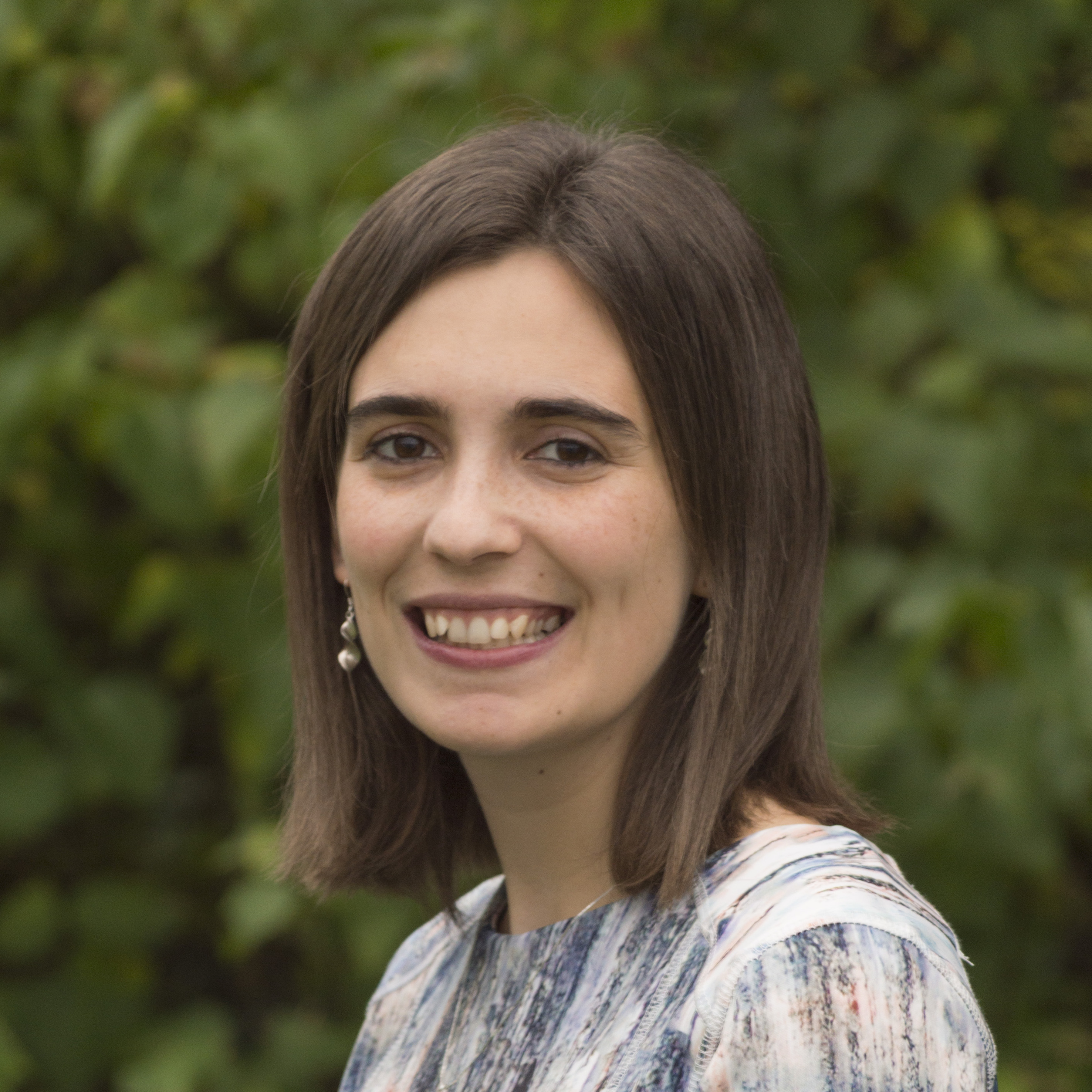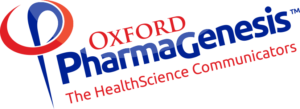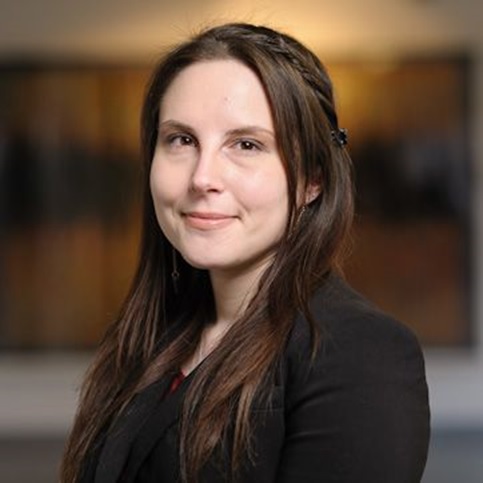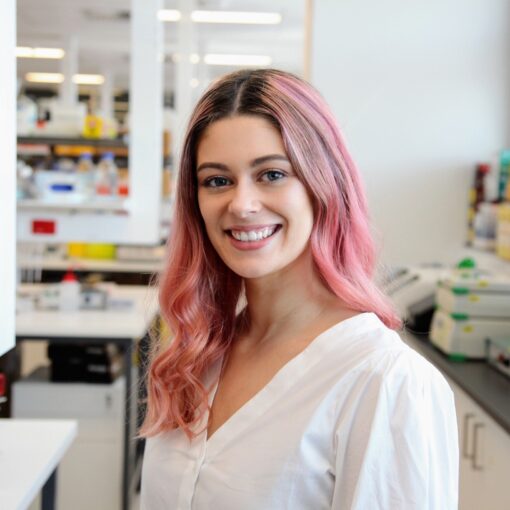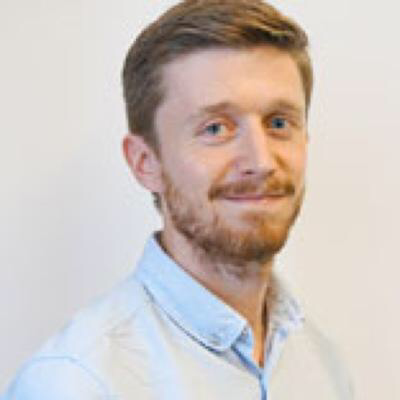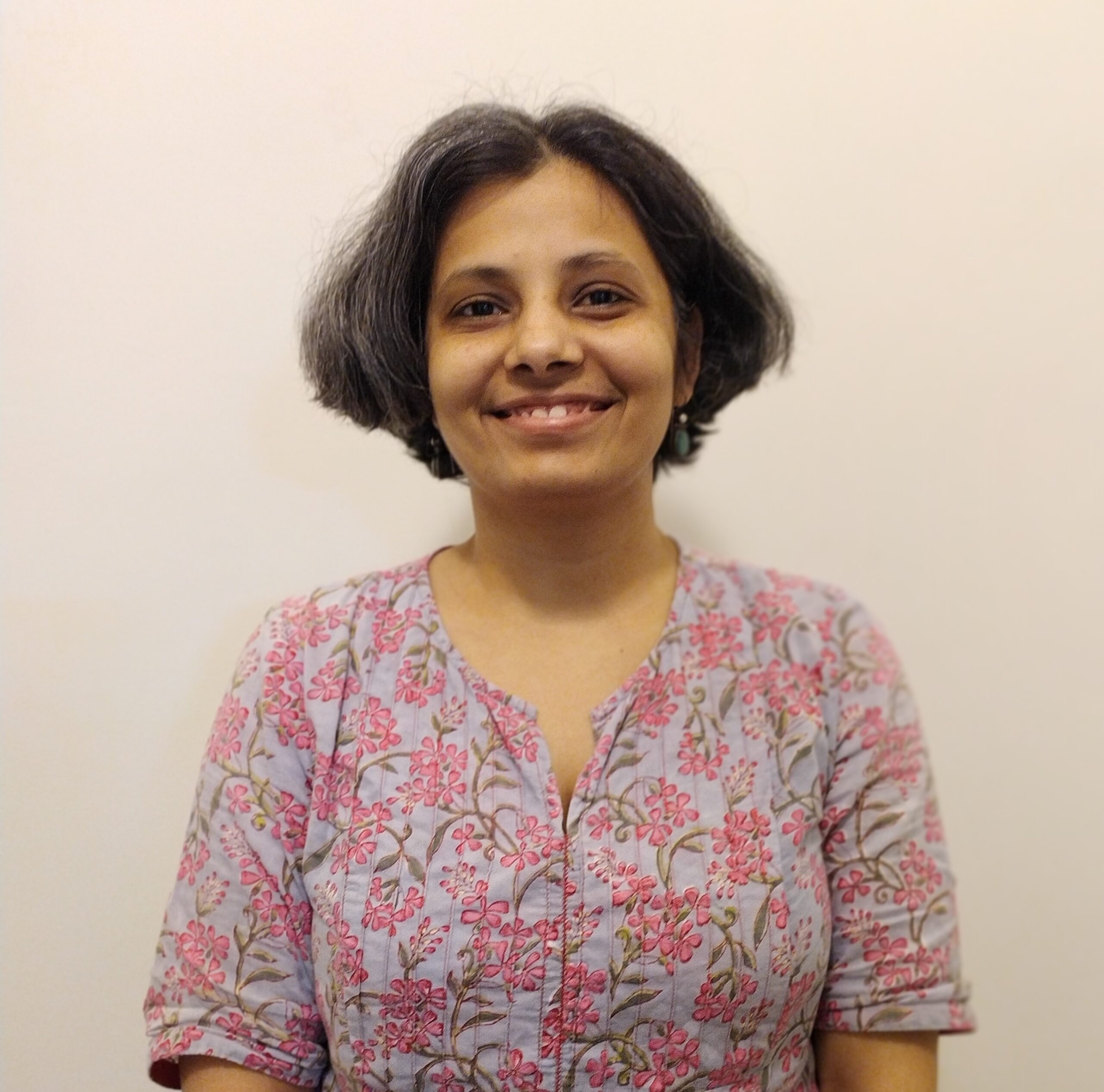DPhil Molecular Biology, University of Oxford
| Associate Medical Writer | |
|---|---|
| Oxford PharmaGenesis | |
Job highlights: I’m enthusiastic about the opportunities to come, including the prospect of travelling to congresses and working on new types of communication materials, and I’m excited to see how my career here will develop!
Postgraduate takeaway: Writing, presentation and communication.
What is your background and why did you move away from academia?
As I approached the end of my degree in biochemistry, a PhD seemed the obvious next step, and I was keen to start out on an academic career path. However, while I’m definitely glad I did my PhD, I soon realised that I couldn’t see myself as an academic in the long run. I was concerned by the limited job stability, lack of permanent positions, irregular working hours and stress associated with regular grant applications. What’s more, while I still had a keen passion for science, I was already a bit tired of laboratory work and fed up of feeling disheartened by failed experiments.
What did you consider when you start looking for jobs outside of the academia?
I started thinking about alternative careers, and, when a friend pointed out a local medical communications networking event, I realised that medical writing might be the ideal option for me. It was great to hear that there was a career path that really values the rigorous scientific training and communication skills gained while performing doctoral research, but provides job stability, clear career progression and an opportunity to work on projects close to the interface with pioneering medical treatments. The writing, presentation and communication aspects of my PhD had always been my favourite parts, and getting involved in a few writing projects outside of my own research confirmed my desire to make the move into a writing career.
What was the application process like?
Having spoken at length with several people working at Oxford PharmaGenesis, they were my first-choice company, and I actually sent my application 8 months before the end of my PhD! The process was very efficient, and, after completing a writing test, I was invited for an interview. I met several people at different career stages in the company and enjoyed the fact that it was very much a two-way discussion with ample opportunity to ask questions. When I was offered the position, I was given the flexibility to suggest a start date after the completion of my PhD, and the company didn’t mind waiting. It was great to be able to focus on writing my thesis, knowing that I had my position secured.
What kinds of projects have you been on?
I love the diversity of my work and have already developed congress materials from scratch, worked on several manuscripts, prepared slide decks and minutes for publication meetings, and even led a conference call, which is something I would not have been able to do a couple of months ago! I’m still very much using my scientific training, working with data every day, and it’s been stimulating to learn about new therapy areas completely unrelated to my PhD topic.
What is the company culture?
I was apprehensive about the culture change, moving from working independently on a self-driven project to working in a team-based, client-facing service role, but I’ve received excellent training and support, and have quickly gained confidence. I was made to feel welcome from the start and have found that the sociable and people-centred atmosphere makes this a great place to work.

